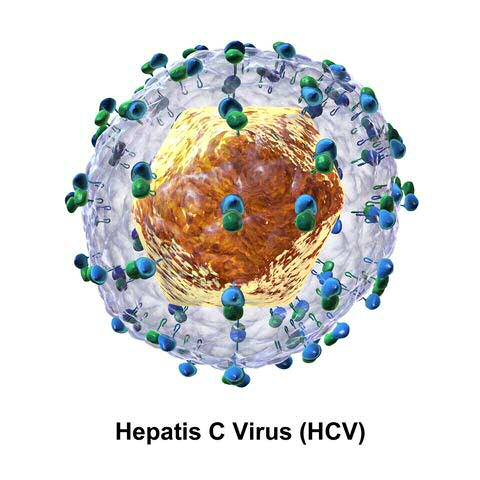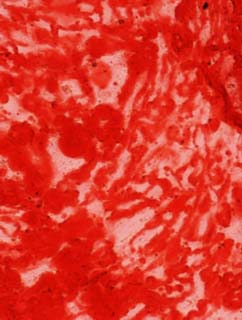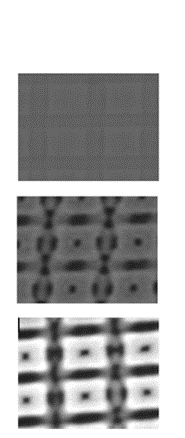CSIC, IISA, IACS, the University of Zaragoza and ARAID have discovered a natural compound with antiviral capacity against the virus that causes hepatitis C. The compound is extracted from a natural and edible source, non-toxic and cheap and shows a virus inhibition capacity superior to that of commercial drugs currently used in the treatment of this disease Pharmaceutical companies are being sought to collaborate through a patent licence agreement for the “in vivo” trials and for the subsequent commercialization.
Natural antiviral without toxic effects Infection with the hepatitis C virus (HCV) is one of the main health problems in the world. Currently available treatments for the hepatitis C are too expensive and many patients, especially from less developed countries, do not have access to them. It is therefore necessary to develop alternative treatments to the existing ones, effective against the virus and with low cost. The compound object of the invention is a simple and cheap alternative to these treatments and it has shown high capacity to inhibit the hepatitis C virus in cell tests. In addition, the toxicity of the extract has been measured, for different concentrations, being almost zero. In tests performed using liver tumor cells, the compound gave results of 50% reduction in viral replication for surprisingly low concentrations around 1.2 g / mL, without exhibiting cytotoxicity. Likewise, tests were carried out for Ribavirin, resulting that 10 times higher concentrations of this drug were necessary to achieve the same inhibition.
Source: Wiki Commons by BruceBlaus - Own work, CC BY-SA 4.0
Main innovations and advantages
· This compound is of natural origin, not synthetic and can be extracted in a simple and cheap way.
· This compound may have a greater antiviral capacity than the commercial drug · Ribavirin.
· This antiviral does not show cytotoxicity · The viral inhibition mechanism could be extrapolated to other hepatitis, dengue or zika






